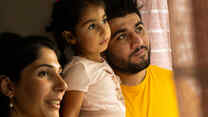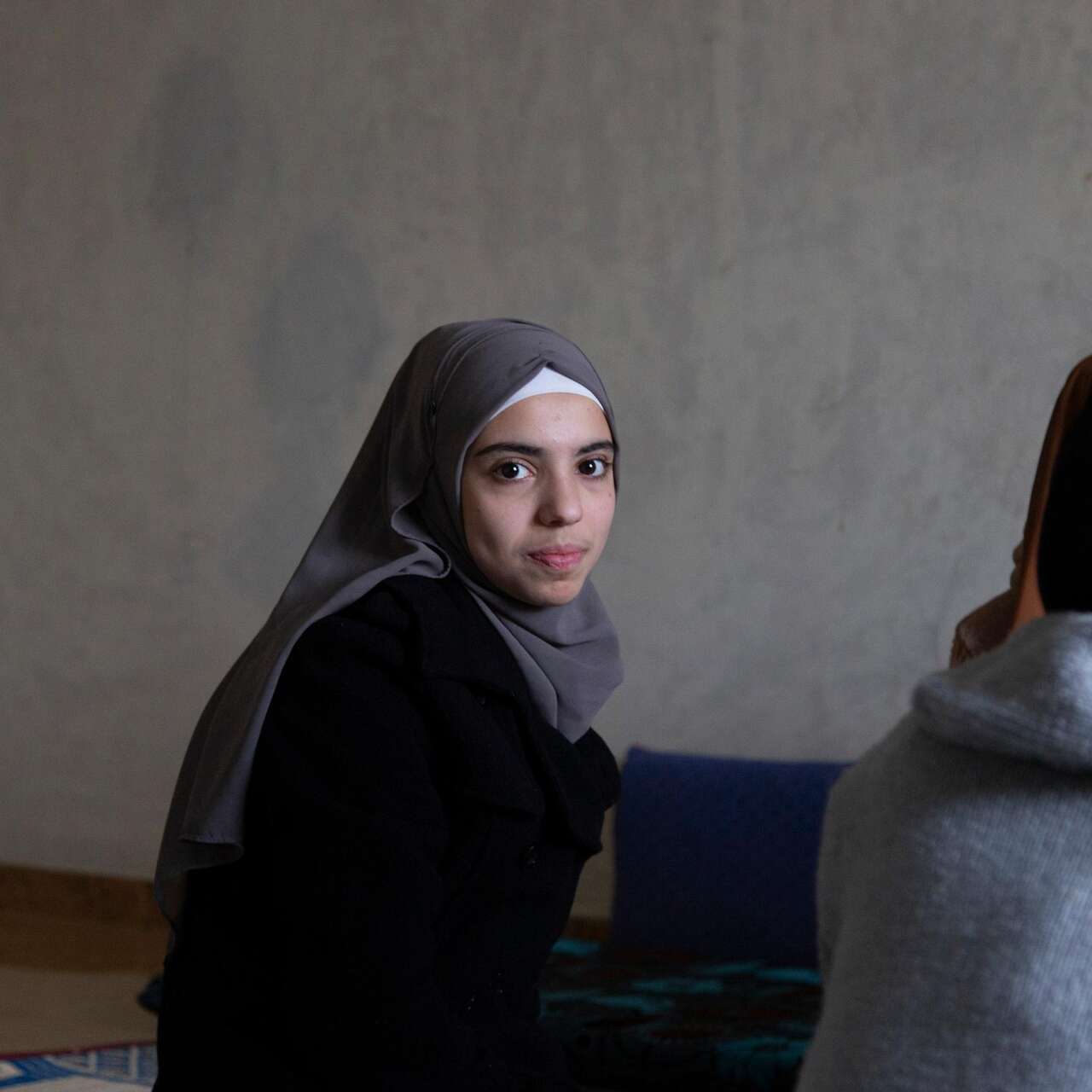
The topic of refugees is often misunderstood or misrepresented. Discussions frequently emphasize numbers and statistics, which can overshadow the human stories behind them. Continue reading to discover important facts and figures about refugees, along with the real stories of the people served by the IRC.
The article has two sections: 1) Global facts and stats about refugees around the world, and 2) Key facts about refugees living in the United Kingdom. The IRC works with refugees in both contexts, as an international NGO, helping people facing humanitarian crises, and as a UK-based refugee charity, supporting people rebuilding their lives here.
6 facts about refugees around the world
1. Seeking asylum is a human right
The right for people to seek safety in another country (also known as asylum) is expressed in the Universal Declaration of Human Rights alongside the right to a fair trial and freedom of expression.
2. Most refugees live in neighbouring countries
Media coverage often focuses on those making long journeys to reach the UK, but 67% of refugees live in places immediately bordering their home country. For example, relative to its national population, Lebanon hosted the largest number of refugees in 2024, with many people seeking safety there having fled from the war in neighbouring Syria.
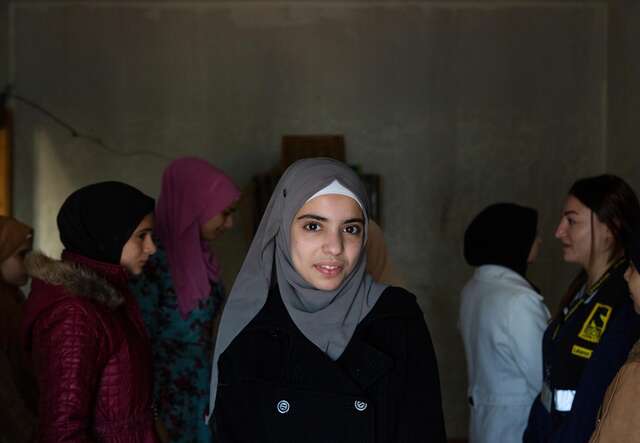
3. Poorer countries host more refugees
73% of refugees and other people in need of international protection were hosted in low- and middle-income countries in 2024.
4. Children make up 40% of displaced people
Children account for 29 per cent of the world’s population, yet 40 per cent of all forcibly displaced people are children under 18 years old. 2.3 million children were born as refugees/began life as refugees in the last six years.
5. The world’s largest displacement crisis is happening right now in Sudan and neighbouring countries
The under-reported crisis in Sudan is the largest displacement and humanitarian crisis on record. More than 12 million people have been forced from their homes, the health care system has collapsed and famine is spreading across the country.
What's happening in Sudan, and how to help.
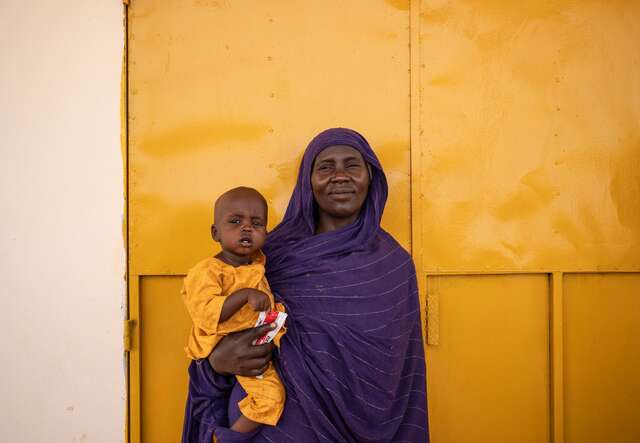
6. Most countries agree to protect refugees
149 countries have agreed to protect refugees seeking safety. This legal basis for refugee protection comes from the 1951 Refugee Convention, an international agreement created in the aftermath of the Second World War.
The fundamental principle of the 1951 Convention is “non-refoulement”, which ensures that refugees are not sent back to a country where they would be at serious risk.
Additionally, the Convention establishes the essential standards for the treatment of refugees, guaranteeing access to housing, employment, and education while they are displaced, enabling them to live with dignity and independence.
5 facts about refugees in the UK
1. Refugees make up less than 1 percent of the overall population
The UK provides safety to approximately 515,677 refugees (UNHCR) which means refugees make up less than 0.76% of the overall population.
2. People seeking asylum do not have the right to work in the UK
Asylum seekers waiting for their refugee claim/application to be processed are not allowed to work in the UK despite 68% of businesses and 81% of the public being in favour of a policy allowing this.
People seeking asylum could positively contribute to the economy through consumer spending and paying tax.
It is estimated that the UK economy could gain £333 million per year if the ban were lifted and we know that 94% of asylum seekers want to work.
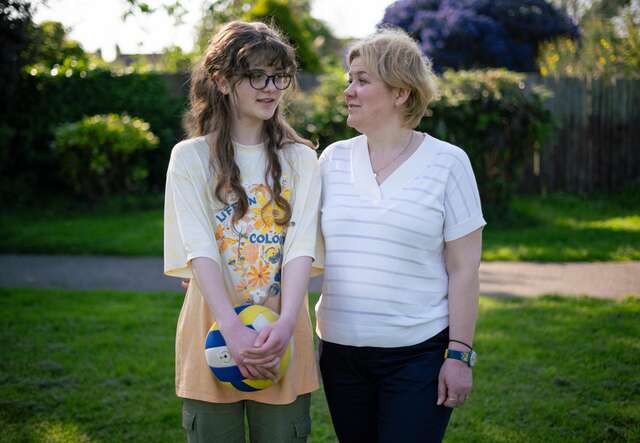
3. Irregular arrivals - including via small boats - make up a tiny number of overall immigration
In the year ending June 2023, people arriving irregularly - including via small boats - made up less than 5% of overall immigration figures.
And most are refugees fleeing war and crises who had no other way of seeking protection in the UK than to make dangerous journeys.
Read more: 7 reasons people risk their lives to cross the Channel in small boats
4. Most people arriving by small boats are given asylum in the UK
More than 90% of people who have arrived in the UK by boat since 2018 claimed asylum, and most have had their asylum claims granted. Without an asylum visa, people fleeing conflict and crisis cannot pre-emptively apply to claim asylum from their home country. As conflicts continue, people will continue to risk their lives as their only option, hoping to find safety and security in a new country.
Immigration statistics released in February 2024 show that Afghans make up the largest nationality of people crossing the Channel. A country from which 98% of asylum applications are granted.
5. There is no ‘safe route’ to seek asylum in the UK
There is currently no safe way to apply for asylum at all and almost no safe ways to enter the UK to receive protection. That is why the IRC is calling for more safe routes. Providing safe routes for refugees means offering protection and safe ways of reaching the UK so that refugees don’t have to resort to dangerous journeys. Refugee visas, resettlement schemes and family reunion are three pathways to the UK that would qualify as safe routes.
Read more about safe routes here: What are safe routes in the UK? Four common myths explained
What is the International Rescue Committee?
The International Rescue Committee (IRC) helps people affected by humanitarian crises to survive, recover and rebuild their lives. We deliver lasting impact by providing health care, helping children learn, and empowering individuals and communities to become self-reliant, always with a focus on the unique needs of women and girls.
We also work in the UK, helping refugees rebuilding their lives here through education and employment support. Read more about the International Rescue Committee in the UK




